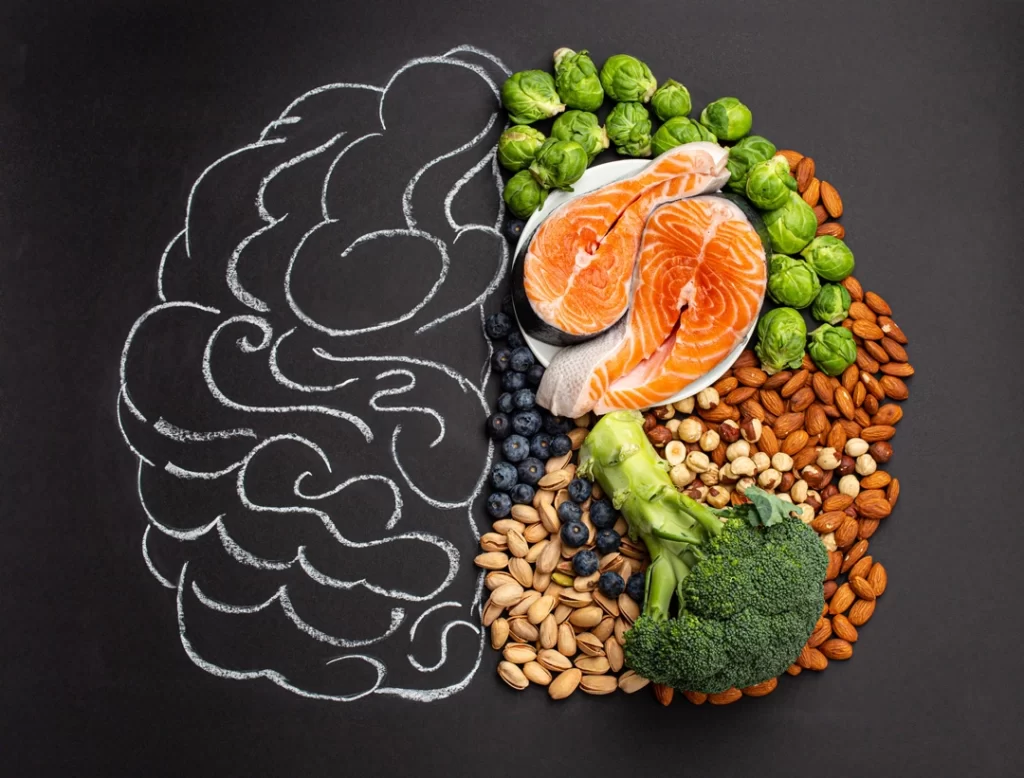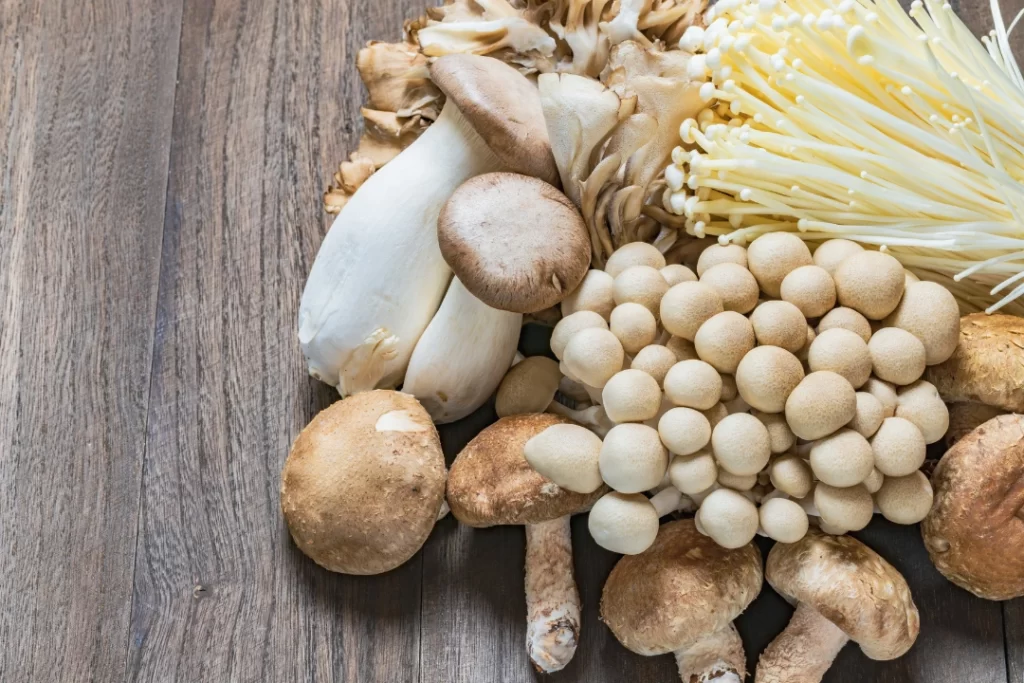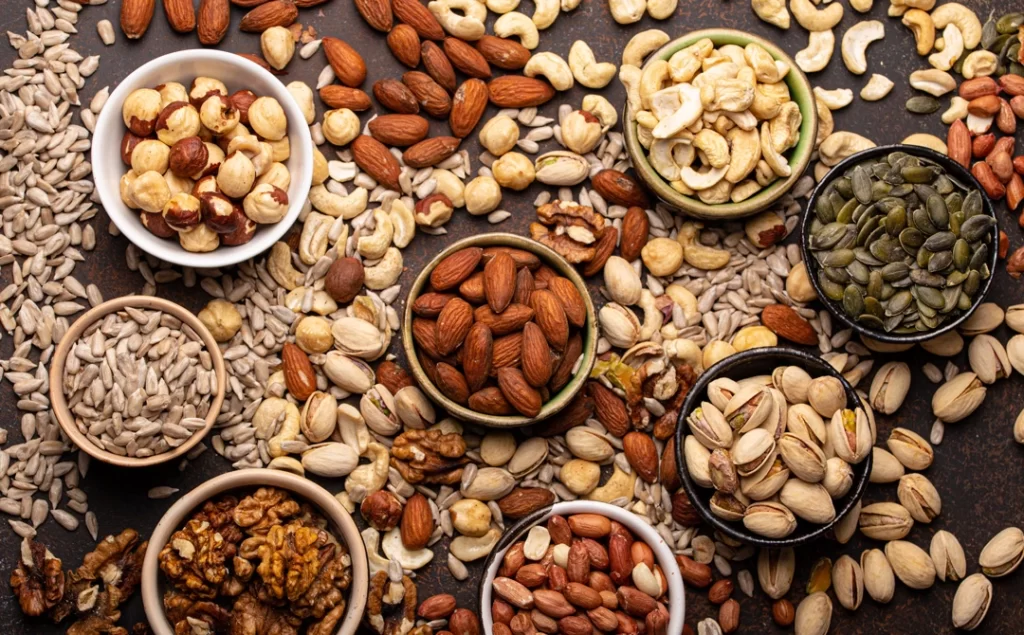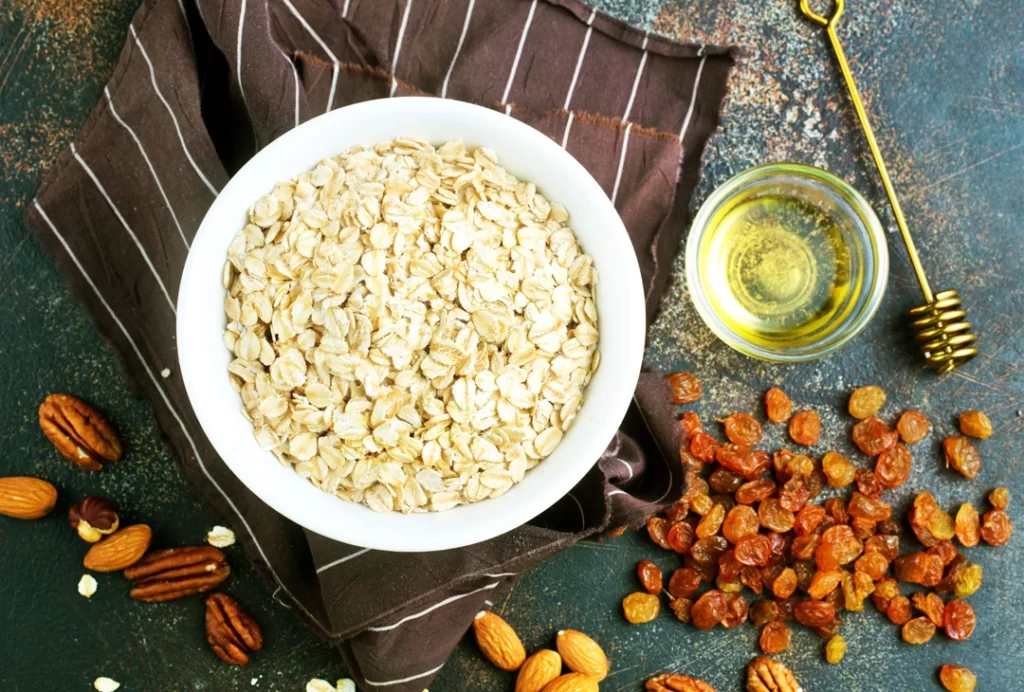Phenylethylamine Hydrochloride: The Non-Addictive Stimulant… and More:
For centuries, humans have looked for ways to improve their daily performance and boost their cognition, metabolism, and overall mindset. The use of stimulants and other drugs to compensate for our natural lethargy and inattentiveness, as well as to treat disorders such as narcolepsy, originally began with amphetamines. Although effective, such drugs can have dangerous physiological and psychological side effects.
They can cause users to become heavily addicted and painfully dependent upon them. As scientific research has expanded and stimulant use has grown, there has been an active search for nature-based and less harmful ways to give ourselves a needed boost. Most consumers in contemporary society typically favor organic alternatives over synthetic and prescription medicine whenever possible, and in this passionate search for a natural, non-addictive stimulant, phenylethylamine hydrochloride has risen to the top of this short list.
You May Also Like:
Focus: The Best Supplement Ingredients To Upgrade Your Productivity And Performance
5 Important Shiitake Mushroom Benefits
What is Phenylethylamine Hydrochloride?
Phenylethylamine hydrochloride, often abbreviated to PEA, is an organic compound that acts as a natural stimulant to the central nervous system (CNS). It occurs in nature, but this compound can be quite easily synthesized in a laboratory, as well. Consumers should not be concerned with the differences between natural occurring and artificially generated versions of the compound, as their effects are very much the same..
Phenylethylamine hydrochloride occurs naturally in a wide range of species. Animals have levels in their bodies that vary throughout the day, and this compound is present in plant life, too. Fungi, bacteria, even humans can create this monoamine alkaloid that acts as a neurotransmitter in the brain. Since its association with triggering various endorphins that give off “happy” effects on the mood, some have even claimed that phenylethylamine hydrochloride can make someone fall in love. OF course, this has never been proven in a lab for obvious reasons.

What can it be used for?
Because mood and well-being play a role in so many different functions of life, it’s hard to limit to one single area the nature of the benefits that phenylethylamine hydrochloride can provide. It has long been used to help improve athletic performance, attention, and energy… all those things that stimulant use has ordinarily been associated with. Even people suffering from minor “brain fog” have reported thinking more clearly with the help of phenylethylamine hydrochloride.
As a supplement, it can assist with depression and other mood disorders due to its ability to release dopamine, serotonin, and norepinephrine in the brain. Also, it has been reported to help with weight loss, as dopamine has been known to suppress appetite.

This means that virtually anyone can find some suitable use and benefit for PEA. Obviously athletes, bodybuilders, and generally active people can see improvement in their workouts and performance when PEA is taken before a vigorous exercise session. However, even office workers looking for a way to help them focus throughout the day can eliminate any cloudiness in their attention with phenylethylamine hydrochloride use. The same could be said for persons suffering from general anxiety and depression.

Additionally, phenylethylamine hydrochloride has often been used as appreciably more natural and suitable substitute medicine of choice for individuals struggling with ADHD who have relied on Adderall as a stimulant in the past. Adderall has a propensity to sink the user’s mood and send the user into a state of abject gloom or sadness after the drug’s effects have worn off. This can lead to an addictive cycle of repeated use and abuse. Users who have switched from Adderall to phenylethylamine hydrochloride report a much clearer and focused mindset that doesn’t come with the same wave of depression when the effects wear off.
What dosages should be taken?
Recommended dosages of phenylethylamine hydrochloride as a dietary supplement are usually higher than for other products. This is because when ingested orally, phenylethylamine hydrochloride is swiftly and significantly metabolized in the small intestine, so a that a relatively higher dosage is needed for effective levels to reach the brain. This is why even though quantifiable levels of phenylethylamine hydrochloride can be found in simple foods such as chocolate and mushrooms, supplements of the concentrated compound remain the best way to administer it.

Although the higher dosages listed should not alarm users, it should be noted that the dosages should still be followed quite closely, just as with any other supplement or drug. Even though phenylethylamine hydrochloride is a naturally occurring compound in the body, too much of it can lead to some unpleasant and harmful side effects such as nausea, headaches and confusion. For the most part, the use of this supplement does not come with the negative aspects associated with a stimulant like amphetamine, but ingesting too much phenylethylamine hydrochloride may bring those symptoms on.
[This article, “Phenylethylamine Hydrochloride: The Non-Addictive Stimulant… and More” was originally published in News7Health]
What products does it come in?
Because of how efficiently the human digestive system breaks down phenylethylamine hydrochloride when ingested, individuals hoping to reap its benefits might struggle by just adding certain foods to their diet. They can try by consuming plenty of nuts and seeds, which have the highest quantities of phenylethylamine hydrochloride. The compound is also present in some meats and dairy products, but the quantities are generally too low in foods to generate the necessary processes that lead to the sought-after benefits in the brain. Only supplements, usually in capsule or powder form, can generally provide the required dosages to truly improve alertness, focus and mood.

If you are interested in giving PEA an audition in a relatively safe and low dose, it might be worth trying a nootropic blend which contains PEA accompanied by some beneficial and synergistic ingredients.
Evolvere is a highly reputable company, well-known to serious biohackers, which offers several excellent nootropic products, several of which include safe doses of phenylethylamine hydrochloride to get you familiar with its beneficial effect on thinking and mood.
One of the difficulties with PEA is also one of its interesting advantages. Since its effective half-life in the body post-ingestion is so limited, if you don’t particularly care for the way that it makes you feel, the experience will be over in less than a half hour, generally speaking. Some PEA enthusiasts and proponents advocate taking PEA accompanied either by oat straw or hordenine to enhance and lengthen the period of its effect.

Further Reading For Additional Reference:
Livestrong: Foods With Phenylethylamine
Dr. Axe: Phenylethylamine: The Little-Known Supplement that Supports Brain Health
Examine: Phenylethylamine
Other Articles You May Like:
7 Super Smart Supplements To Boost Your Memory And Recall
Focus: The Best Supplement Ingredients To Upgrade Your Productivity And Performance
Important Note: The information contained in this article “Phenylethylamine Hydrochloride: The Non-Addictive Stimulant… and More“ is for general informational purposes only, and should not be construed as health or medical advice, nor is it intended to diagnose, prevent, treat, or cure any disease or health condition. Before embarking on any diet, fitness regimen, or program of nutritional supplementation, it is advisable to consult your healthcare professional in order to determine its safety and probable efficacy in terms of your individual state of health.
